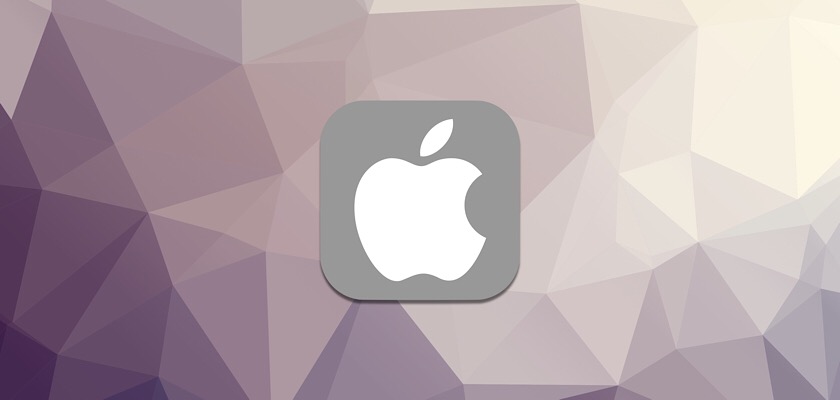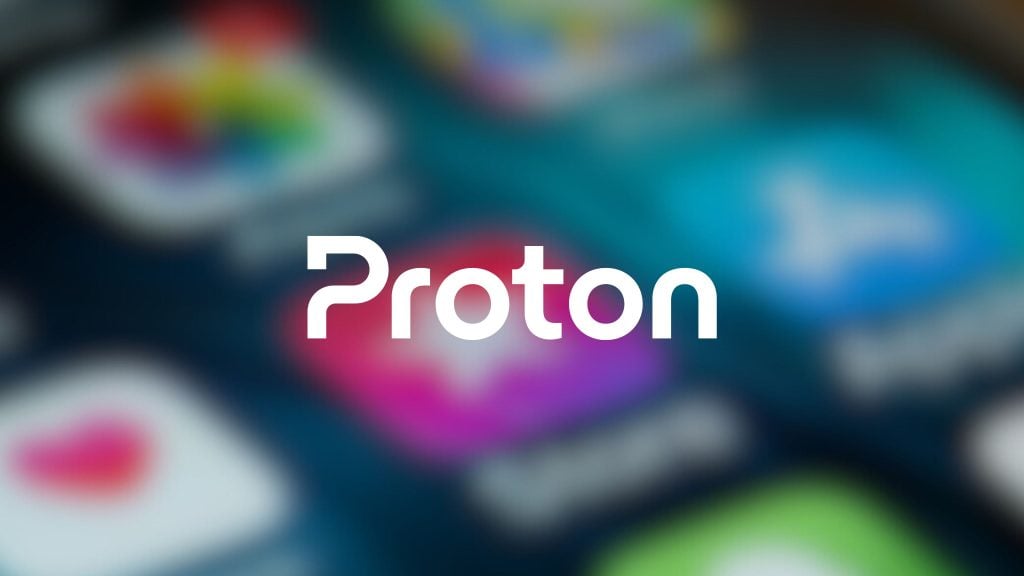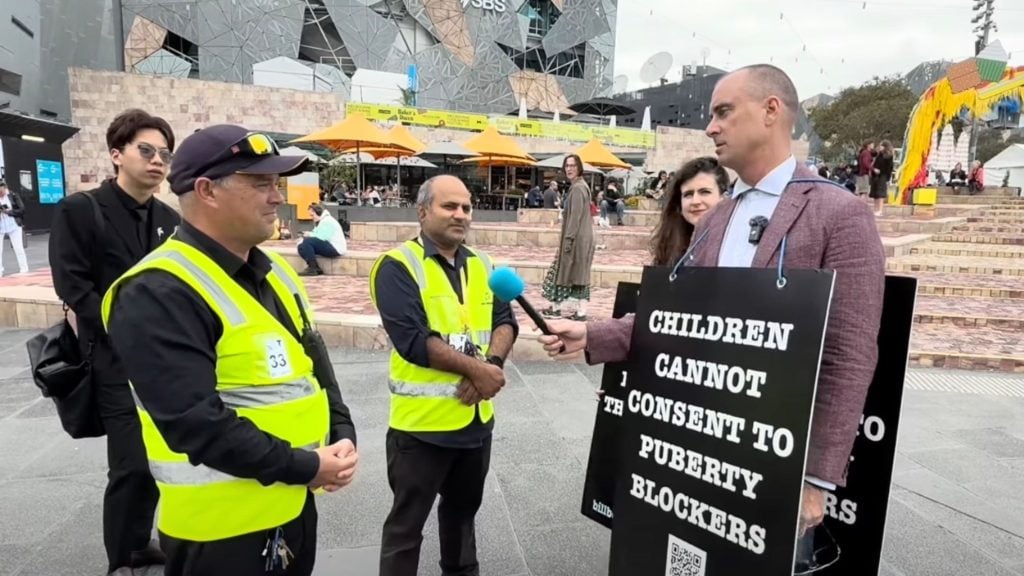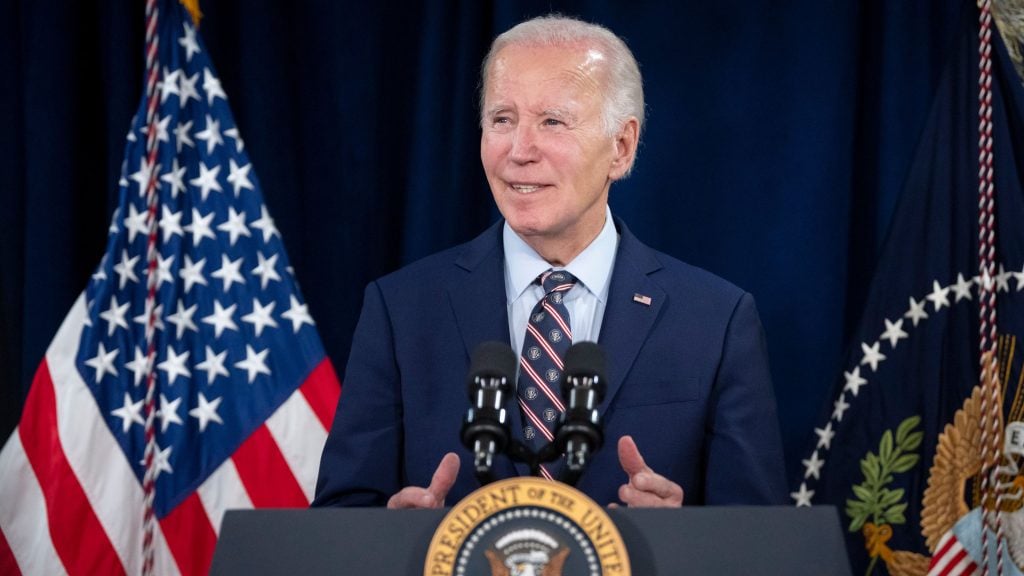The House Judiciary Committee has requested that Apple turn over all its executive communications related to Apple’s decisions to remove or restrict certain parental control and screen time apps in the App Store as part of a big tech antitrust investigation that was launched in June.
Amazon, Google, and Facebook were also sent formal document requests and other requests for written information about their business practices as part of the probe. All four companies were asked for emails from company executives related to anti-competitive concerns, documents from past investigation and cases filed against the company related to allegations of anticompetitive behavior, and financial statements.
The request for executive communications from Apple largely focused on how Apple treats third-party apps in the App Store compared with its own apps and the way Apple often restricts access to third-party payment providers in iOS apps.
The letter requesting the executive communications was addressed to Apple CEO Tim Cook and asked for all communications from the following executives relating to specific anti-competitive concerns:
- Tim Cook
- Katherine Adams
- Eddy Cue
- Philip Schiller
- Johnny Srouji
- Dan Riccio
- Jonathan Ive
- Craig Federighi
- Luca Maestri
- Jeff Williams
- Steve Dowling
- Tor Myhren
- Lucas Maestri
- Jane Horvath
The specific anti-competitive concerns the committee is seeking information on include:
- Apple’s decision to remove or impose restrictions on parental control or screen time apps in the App Store including Freedom, Kidslox, Mobicip, OurPact, and Qustodio
- The App Store algorithm and whether Apple should modify it
- Apple’s policy regarding whether iPhone users can choose non-Apple apps as default apps including web browsers, email clients, maps services, music players
- Apple’s policies on requiring third-party web browsers in the App Store to use the specific browser rendering engine WebKit
- Apple’s policy regarding whether to allow third-party app stores on iPhones
- Apple’s policy regarding whether apps can link to third-party payment systems
- Apple’s policies around using third-party payment systems
- Apple’s decisions to “sherlock” (introduce native features that make an existing third-party app unnecessary) including Clue, Duet Display, and SwiftKey
This request for these communications follows a June report which revealed that Apple has an “executive review board” which was behind the banning of the Infowars app and other apps that it deems to be “controversial.” This “executive review board” reportedly meets on a weekly basis and makes the final call on whether to ban apps from the App Store.
The requests for information from the committee are also reflective of many concerns that have been raised by app developers who have previously accused Apple of monopolistic App Store practices.
For example, in June, Apple rejected the third-party browser Dissenter from the App Store despite admitting that it doesn’t violate any terms. Puffin also shut down its popular third-party browser app in June after accusing Apple of preventing Puffin from releasing updates to the browser through the App Store.
Additionally, streaming music service Spotify has been a heavy critic of Apple’s policies that restrict linking to third-party payment providers and has said that these policies force companies like Spotify to pay a 30% tax to Apple or face a series of technical restrictions.
Despite the long list of allegations of anti-competitive behavior, CEO Cook has insisted that Apple is not a monopoly.












